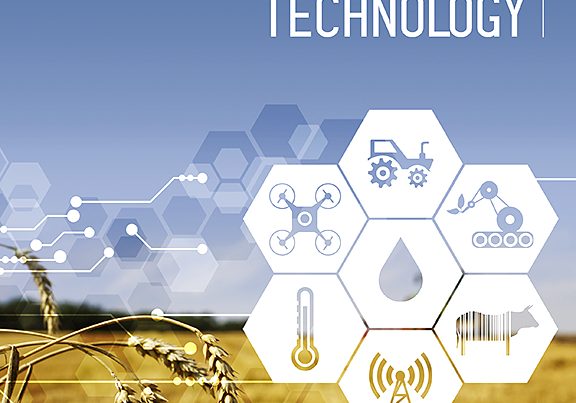Document type : Article published in The Conversation
Author: Cédric Sueur
Preview: The way that we use animals in human society is changing radically. The voices of many celebrities and associations are being raised in criticism of human treatment of our fellow creatures, whether in the food industry, leisure activities or scientific research. [...] A substantial body of research has now been built up proving that many of the animal species that we use in our everyday lives are capable, not only of experiencing pain, but also of being conscious of this pain, responding through actions to reduce it and to improve the circumstances governing their well-being. Pierre Le Neindre and his team at INRAE who produced the Institute's collective scientific expert opinion on animal consciousness, published a book in 2018 on the science of animal consciousness, which gives an excellent explanation of the different levels of consciousness in the various species.
In simple terms, there are three levels of consciousness. Access consciousness involves awareness of one's environment and acting in accordance with that environment. In reality, most species that have a central nervous system and the ability to learn possess access consciousness. [...] Phenomenal consciousness involves the use of felt and lived experience to adapt to situations drawing on the emotions and other cognitive capacities such as episodic memory or metacognition, (i.e. "I know what I know" or "I know what I do not know"). [...] Last, self-consciousness (or self-awareness) is the capacity to situate oneself in a social environment, to be aware of one's existence and capacity to act on one's conspecifics. This awareness is tied to the concept of theory of mind, which allows us to attribute levels of intentionality to other animals, ranging from gaze tracking to beliefs. The attribution of beliefs has been proven, for example, in great apes or elephants, as have the abilities to conceive of empathy or morality championed by the primatologist Frans de Waal.
This wide-ranging research in ethology is thus proof of the urgency of the need to cease to consider non-human animals as objects. In France today, the Rural Code and the Civil Code consider animals to be sentient beings, giving them the status of moral patients. But there is a need to take this further, giving animals the status of moral agents.



